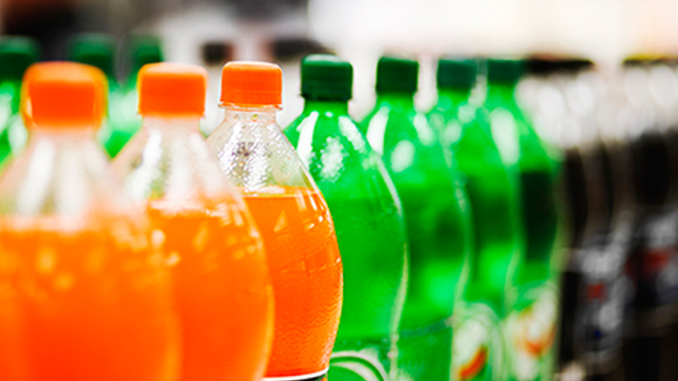
A study from the University of Alabama at Birmingham has shown that frequent soft drink consumption by adolescents may contribute to aggressive behavior over time.
Published: September 4, 2020
Previous studies have shown associations between soft drink consumption and mental health problems in adolescents. The UAB study, led by Sylvie Mrug, Ph.D., professor and chair of the College of Arts and Sciences’ Department of Psychology, identified soft drink consumption as a likely predictor of aggressive behavior. It was published in the Journal of Adolescent Health.
“Despite public health policies designed to reduce children’s consumption of sugar-sweetened beverages, such as soda taxes and school soda bans, the consumption of sugar-sweetened beverages by youth in the United States remains a significant public health problem,” Mrug says.
Reciprocal relationships were analyzed showing soft drink consumption predicted an increase in aggressive behavior over time.
Soft drink consumption at ages 11 and 13 predicted more aggressive behavior at the next time point, the study showed. Aggressive behavior at age 13 also predicted more soft drink consumption at age 16. Soft drink consumption at age 13 predicted fewer depressive symptoms, but depressive symptoms did not predict soft drink consumption. Findings from this study suggest that reducing adolescents’ intake of soft drinks may reduce aggressive behavior, but not depressive symptoms.
